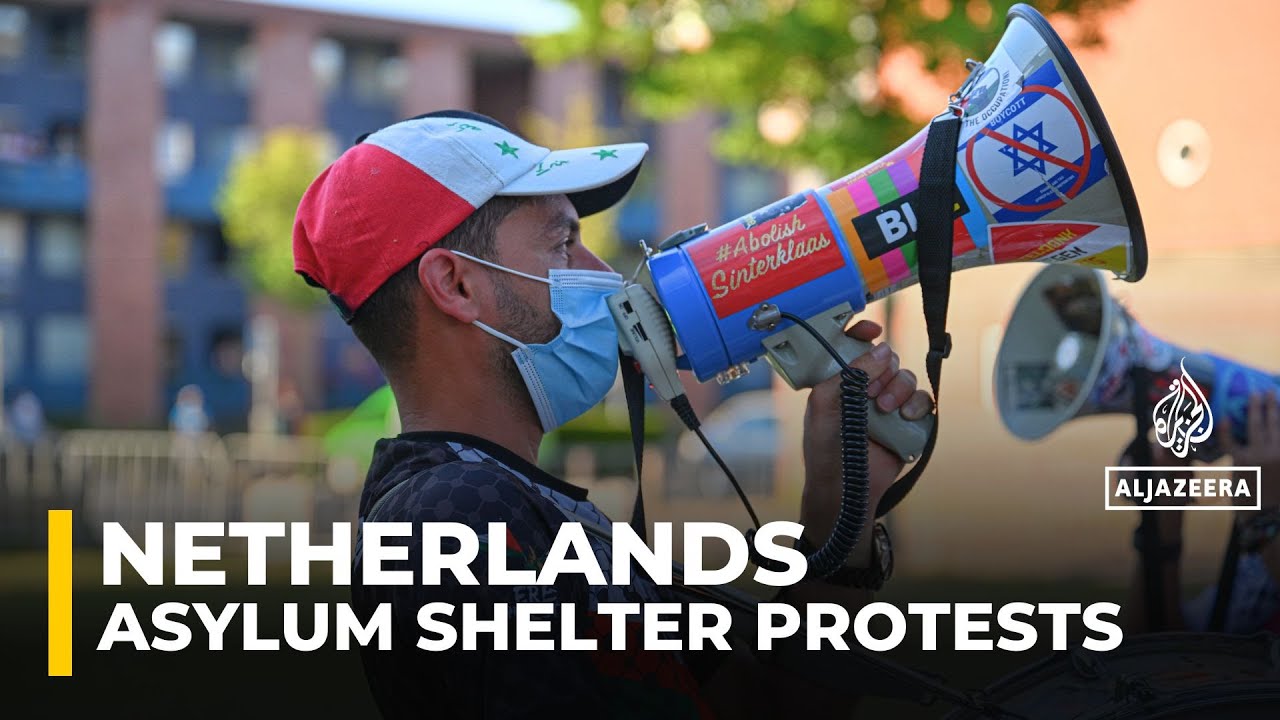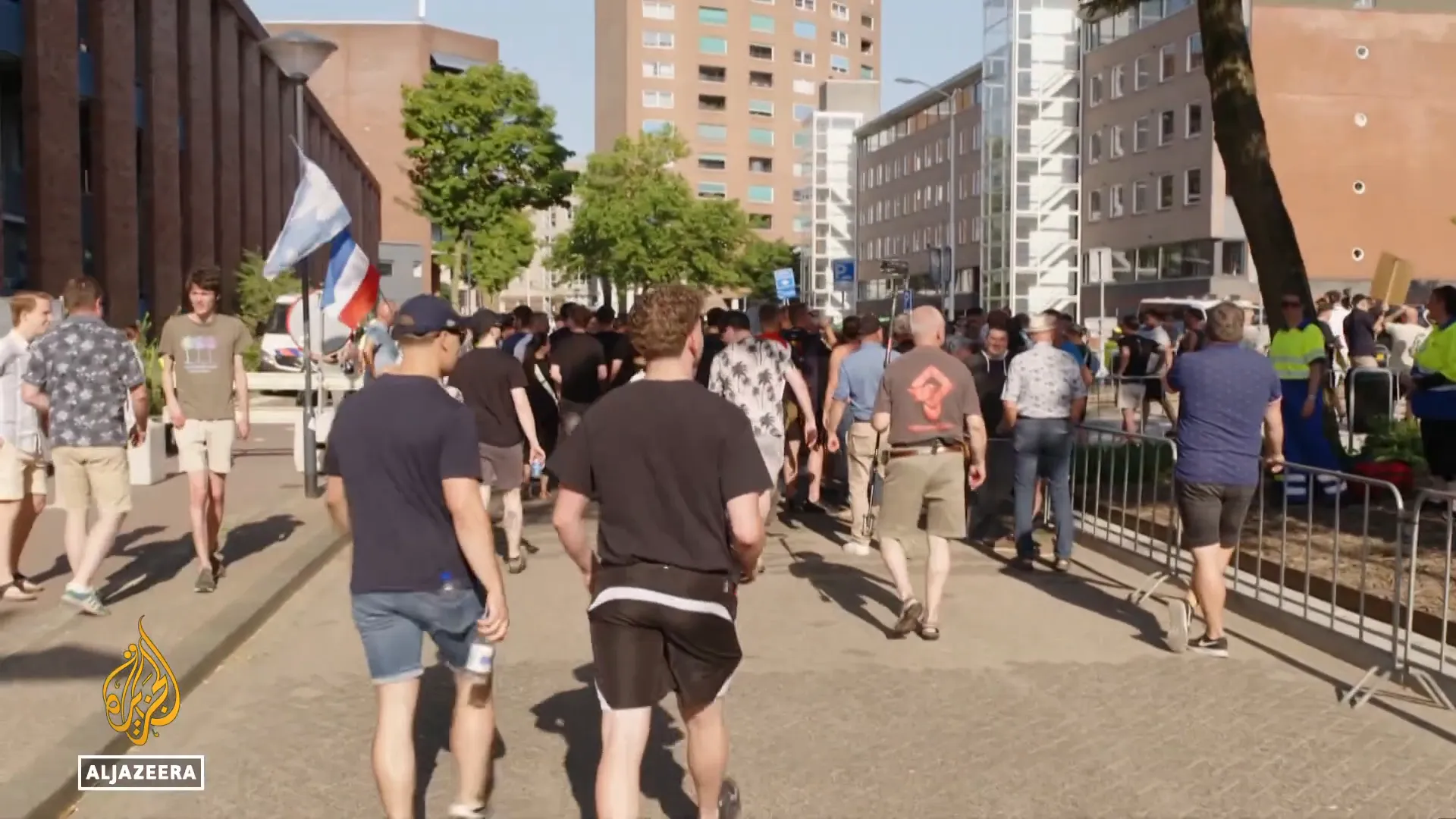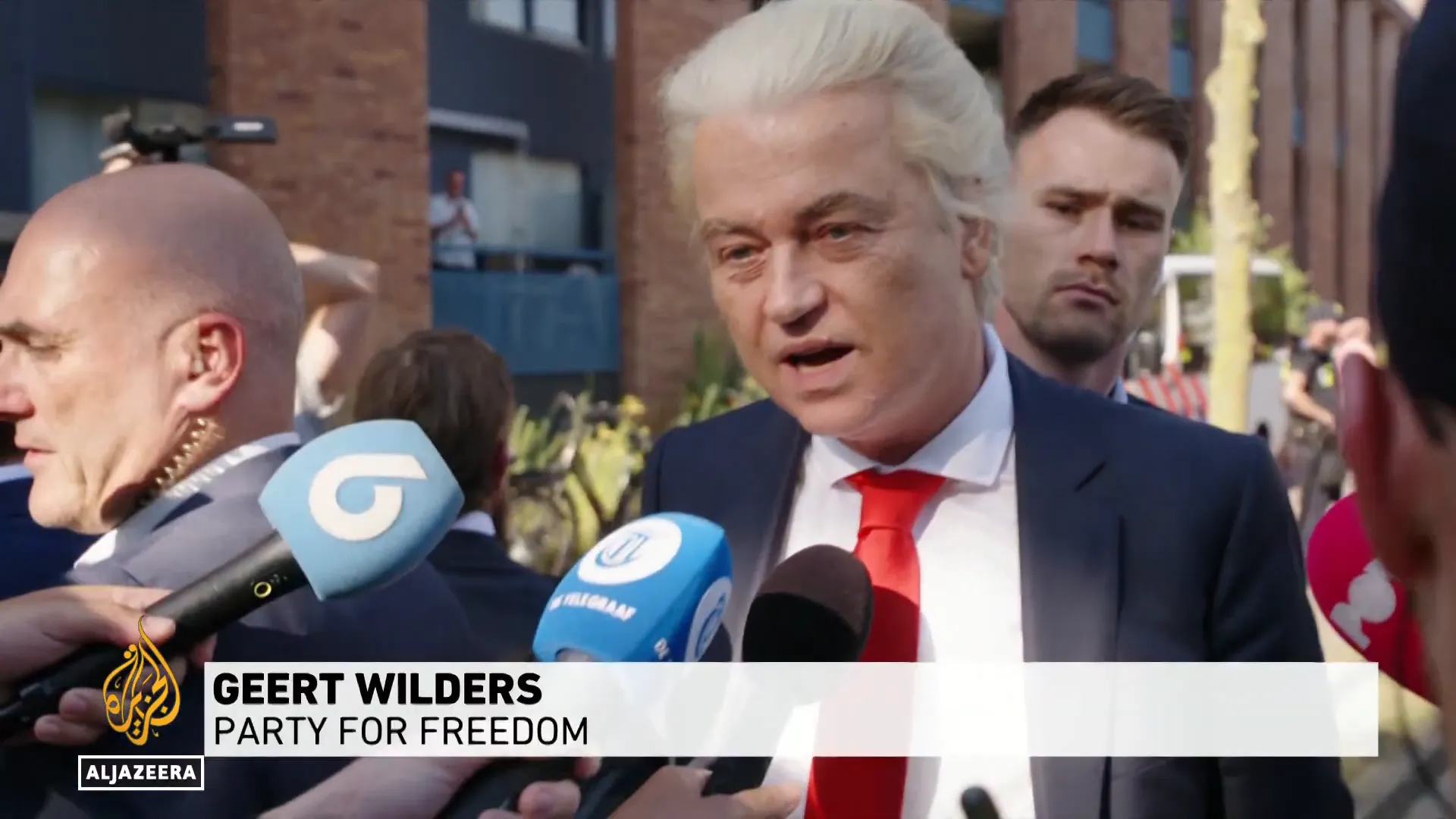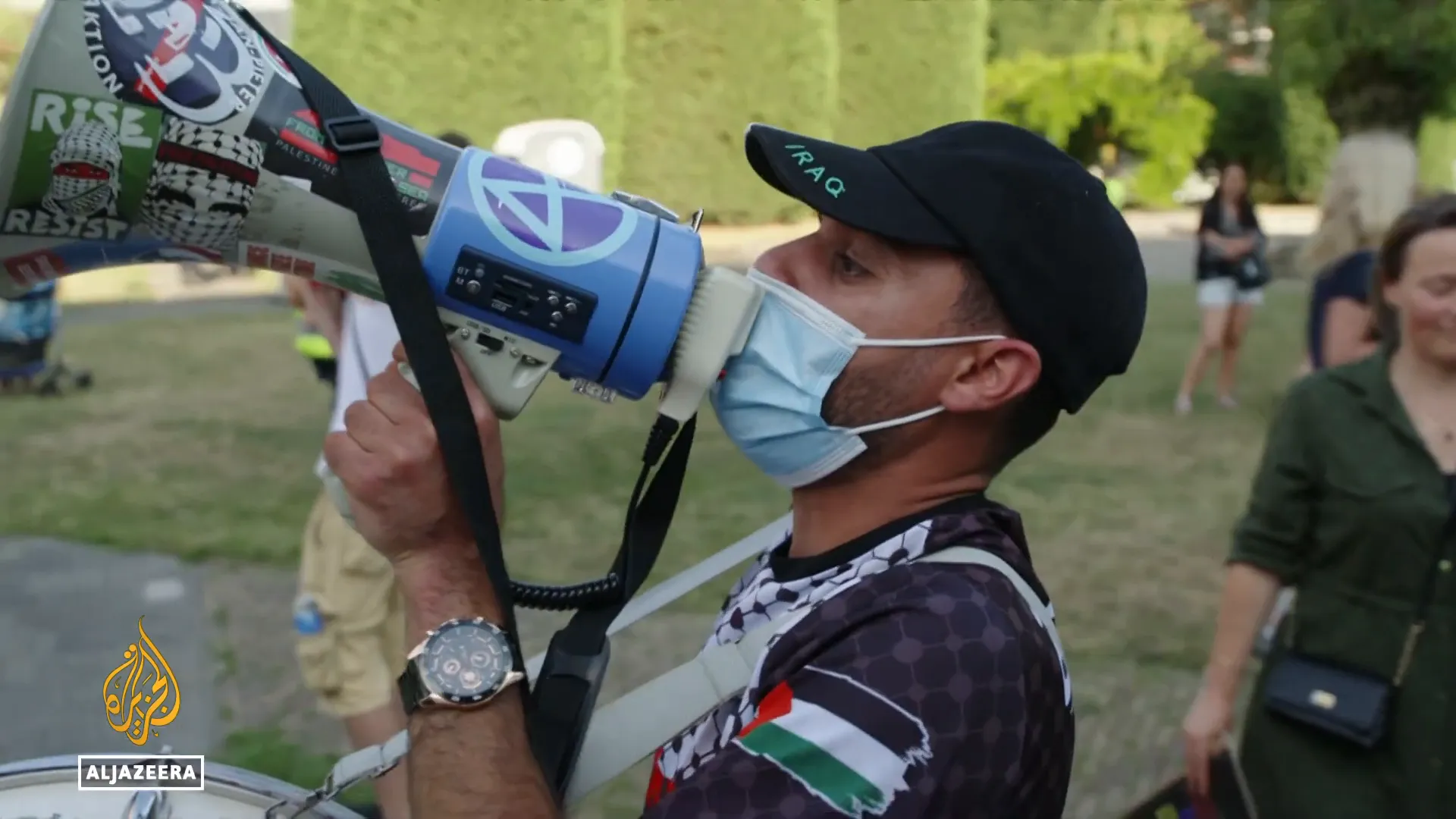Jul 2, 2025
Protests Erupt Over New Asylum-Seeker Centre in the Netherlands

The Dutch city of Helmond has recently become the focal point of intense protests surrounding the opening of a new shelter for young asylum seekers. These demonstrations have drawn significant attention, highlighting the deep divisions within Dutch society over immigration and asylum policies. The far-right politician Geert Wilders, known for his strong anti-immigration stance, has emerged as a prominent figure opposing the new facility, fueling both the protests and counter-protests.
Table of Contents
- Background: The Controversy in Helmond
- Geert Wilders and the Far-Right Opposition
- The Counter-Demonstrations and Social Divide
- Municipalities and the Political Climate Ahead of Elections
- Conclusion: Navigating a Divided Society
- Frequently Asked Questions
Background: The Controversy in Helmond
Helmond is just one of many places across the Netherlands experiencing unrest related to asylum seeker accommodations. In recent weeks, protests both supporting and opposing these shelters have escalated, with some turning violent. The latest demonstration in Helmond saw a clear clash of views: groups protesting against the new asylum seeker center faced off against counter-demonstrators rallying against far-right extremism.

Geert Wilders and the Far-Right Opposition
Geert Wilders, leader of the far-right Party for Freedom (PVV), has been a central figure in these protests. His party recently won the last elections, becoming the largest in the Dutch parliament. However, Wilders withdrew from the governing coalition, citing dissatisfaction with the government's immigration policies, which he felt were not harsh enough.
At the Helmond rally, Wilders voiced his support for the local protesters, echoing concerns about security and social issues related to asylum seekers. He stated, "They have bad experience with it as we all do in the Netherlands. People were raped. They have problems and many issues of security, and they are just fed up with it." Despite the number of refugees decreasing overall in the Netherlands, Wilders and his supporters remain adamant about opposing new asylum centers.

The Counter-Demonstrations and Social Divide
Opposing Wilders and his supporters, counter-demonstrators gathered to denounce far-right rhetoric, which they argue fuels division and hatred in Dutch society. These groups highlighted a worrying increase in Islamophobic and racist attacks, which they attribute to the rise of far-right influences. Protesters chanted slogans like "We are the Netherlands" to emphasize inclusivity and reject xenophobia.

One counter-protester expressed concern about the growing popularity of Wilders' party, acknowledging legitimate societal worries such as the rising cost of living, housing shortages, and strained healthcare. However, they stressed these issues stem from "fourteen years of systematic bad government," not from asylum seekers themselves.
Municipalities and the Political Climate Ahead of Elections
Municipalities across the Netherlands, including Helmond, have increasingly committed to housing asylum seekers despite the ongoing protests. Local officials warn that the far-right's campaign tactics on this issue are not only dangerous but also counterproductive. With national elections scheduled for October, tensions surrounding immigration are expected to remain high, making this a critical topic in Dutch politics.
Why Are These Protests So Intense?
- Security Concerns: Some residents express fears over safety and crime linked to asylum seeker centers.
- Social and Economic Pressures: Rising living costs, housing shortages, and healthcare accessibility problems contribute to public anxiety.
- Political Exploitation: Far-right parties capitalize on these fears to gain support, often blaming asylum seekers for broader systemic issues.
How Are Communities Responding?
- Protests and Counter-Protests: Demonstrations reflect a divided society, with some advocating for asylum seekers' rights and others opposing new centers.
- Municipal Support: Despite opposition, many local governments continue to support asylum seeker accommodations as part of national responsibility.
- Calls for Unity: Counter-demonstrators and officials urge for solutions that address root causes rather than scapegoating vulnerable populations.
Conclusion: Navigating a Divided Society
The protests in Helmond encapsulate the broader tensions in Dutch society regarding immigration and asylum policy. While concerns about security and social welfare are real for many citizens, attributing these problems to asylum seekers risks deepening societal divides and fostering discrimination. As the Netherlands approaches its next election, the challenge will be to find balanced, compassionate approaches that uphold human rights while addressing legitimate community concerns.
Understanding the complexity of these issues is essential to moving forward constructively. It is clear that the debate over asylum seeker centers like the one in Helmond is about more than just housing—it reflects questions about identity, inclusion, and the future direction of Dutch society.
Frequently Asked Questions
Why are there protests against asylum seeker centers in the Netherlands?
Some residents fear security risks, increased crime, and social strain from hosting asylum seekers. These concerns are often amplified by political groups opposing immigration.
Who is Geert Wilders and what is his stance?
Geert Wilders is a far-right Dutch politician leading the Party for Freedom. He opposes immigration and asylum seeker centers, arguing that current policies are too lenient and pose security risks.
What are the counter-arguments to the protests?
Counter-demonstrators argue that asylum seekers are unfairly blamed for broader economic and social problems, which are largely due to long-term government policies. They also warn against rising Islamophobia and racism.
How are local governments responding to the protests?
Many municipalities continue to support housing asylum seekers and caution that far-right campaigns may be harmful and counterproductive, especially ahead of elections.
What impact do these protests have on Dutch society?
The protests highlight deep societal divisions but also spark important conversations about immigration, safety, and social welfare. The challenge is to address these issues without fueling discrimination or hatred.